Lately, when someone asks “how are you,” I no longer answer in two different languages.
One language, the clean language, as it were, got a simple “I’m fine”. The other language, the language of dirt and reality, gets “I’m so tired. I’m so fucking tired.” Paradoxically, both of these are true at the same time. However, now everyone gets the dirty answer because the world has been a dirty place to me and people that look like me. It is a world that has forced me to give the clean answer and then pretended I didn’t want to fight despite that. (Spoilers for The Last of Us and The Final Fantasy VII Remake Up Ahead)
I was eight years old when Final Fantasy VII was released on the PlayStation. Before this, sporadically, I had seen Black folk in video games – Balrog and Jax come to mind. However, like Balrog and Jax, the characters I saw weren’t really characters at all. They were avatars painted brown. They were voiceless and so they were allowed to become mainstays in their respective franchises.

Barret Wallace has a voice. He has always had a voice. He is brash and comical and fighting for what he believes in. His planet, his home, his child and her future. He believes in a world that is better than an artificial sun and a dilapidated bar. And he knew and knows that this world is made, not born, even if it should have been born.
Everything I know about fighting, I learned first from video games. Even with no real character to speak of, Jax and Balrog and Dee Jay and T. Hawk showed me that it’s hard to get anywhere if you’re not willing to fight for it. They showed me that a Black man or an indigenous man can shoot fireballs and fly and shake the very earth with their two good hands.
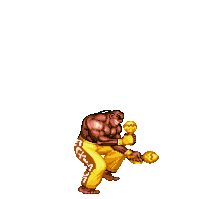
Everything I know about speaking up, I learned first from video games. Barret and the Demoman and Marlene of the Fireflies and the entire cast of Grand Theft Auto: San Andreas taught me that it’s okay to be loud, even when you’re not supposed to be. It’s not only okay but necessary to speak up and speak out and make some ruckus. Sometimes, that’s the only way to get people’s attention.
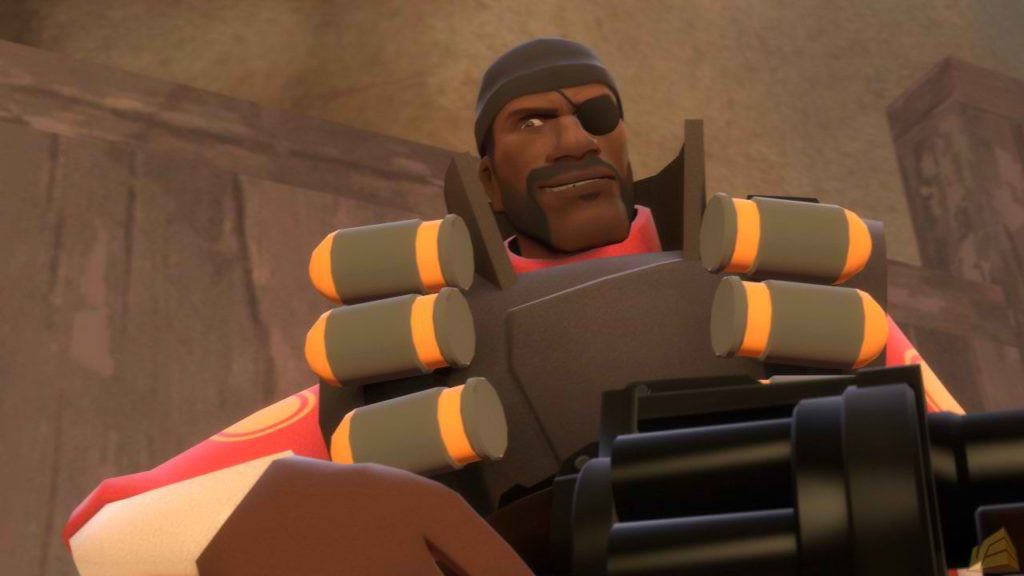
On March 13, Breonna Taylor was murdered in her sleep in Louisville. On May 25, George Floyd was murdered in Minneapolis. On May 27, Tony McDade was murdered in Tallahassee. Watchmen taught me that two murders do not equal a trend. What about three? Four? A thousand? The thing that white characters never taught me is the point at which rage is acceptable. When does the limit get pushed so much that it breaks? When does the bullet start becoming damage that won’t recover itself if we wait in stillness?
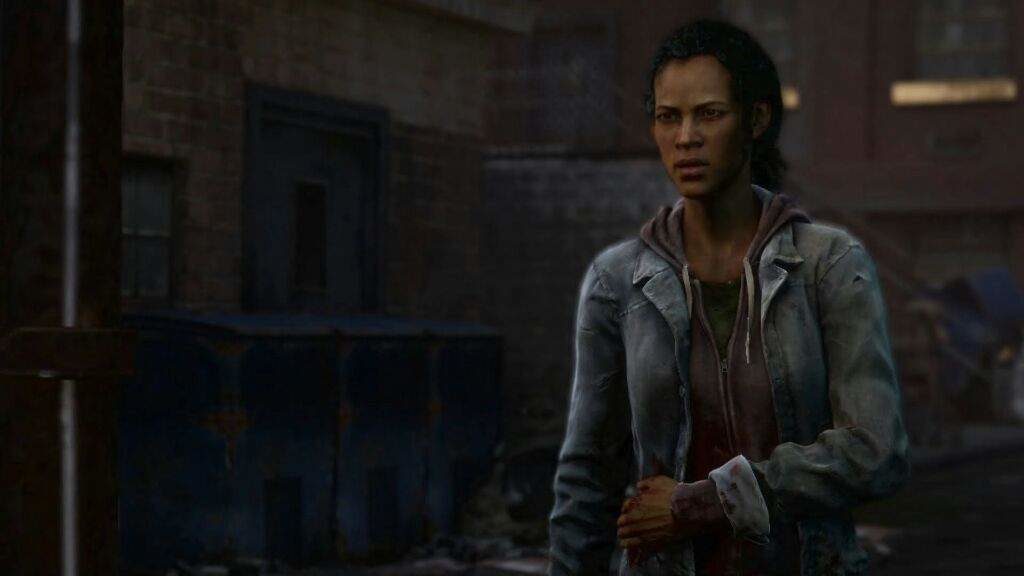
Around this country and around the world, the gauge is full and glowing in brilliant technicolor. As we march in the streets, shutting down highways, bridges, and downtowns, they hear us. We refuse not to be heard. We are fighting and fighting hard. Because we matter. Because Black lives matter. Because we have seen over and over again that Black lives are wanted in a very specific place.
The thing that Barret and Marlene and Lance Vance and Dee Jay and Augustus Cole and Jax all have in common is that they are not the lead in the games they are featured in. They play second fiddle to the likes of Ryu or Marcus Fenix or Joel. And, with few exceptions, these heroes die, even if not permanently.
What does that tell us about black death? Is it inevitable? Is it to be expected? Is it necessary and natural?
The Last of Us features, prominently, three Black characters (four, if you count the Left Behind DLC). All of them are dead by the end of the game (including the character from the DLC). Is Black death that inescapable a thing? Is it even unavoidable in our fiction?
I recently got the platinum trophy in Final Fantasy VII Remake. This remake made me like Barret even more. It also, at one point, killed him dead, in an act that was absent in the original game. The point that this act was meant to illustrate did not necessitate Barret dying.
That was a choice. Writers and producers and game developers always have a choice. Society always has a choice and the choice they make is to ignore the Barrets of the world because they can. Because if they do, they don’t have to acknowledge the circumstances that make them in the first place.
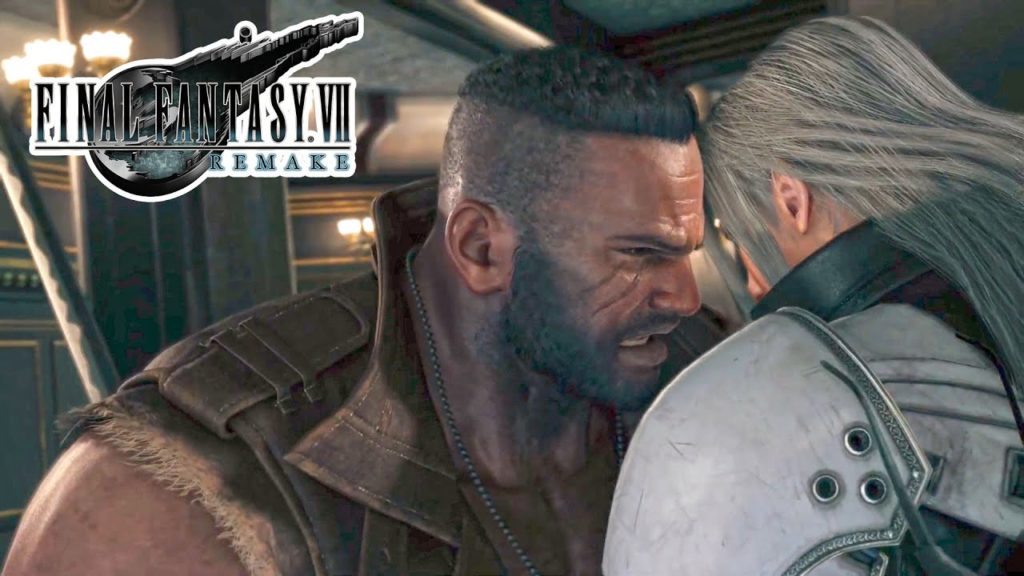
There was a 13-year gap between Black playable characters in Final Fantasy – from Barret all the way through to Sazh Katzroy in Final Fantasy XIII. The commonality between these two characters is palpable. Both are outspoken men with a love for their kids who live in a world that is divided by have and have-not.

My day job is as an English teacher. One of the things I tell my students is that when we read, we assume that every single thing that is done in the work is done intentionally. Instead of a new character, the makers of Final Fantasy chose to create a new gun-slinging Black dad who is the butt of the joke despite his passion and good intentions.
I can’t think of a better example of the monolith that is being Black in America through the white (or white-adjacent) gaze. This matters. This matters because this country has demanded a Balrog out of us for centuries. They’ve demanded a silent order follower. What we are realizing is that we tried that character out and the combos didn’t feel right. The controller didn’t feel good in our hands.
The narrative didn’t capture us. So instead, the world is receiving Barret at full gauge and ready to blow. It is getting people who are tired of getting a heat lamp and being told it’s the sun. It is getting a stand and with what this generation has learned from its culture and its pop culture, it’s a miracle that the world staved them off for this long.
One day, and perhaps that day will never come, I hope to look back on this time with my own child. I want to tell them: “Here is where dad learned how to throw his first fireball. Here is where I planted my fist into the ground and the whole world lost its footing. Here is where I made a stand and I wasn’t alone.”
No one who is fighting for our freedom is fighting alone. We are fighting with our people and for our people: our men, our women, our trans people, our gay people, our lesbians, our queer people, our disabled people, our poor people, our people in gangs, our people in jails, and our people who were told they’re not people at all because of a mistake or because of their race and face. For every Barret, there is a Jax. For every Dee Jay, there is a CJ.
And CJ matters. As does Barret. As does Marlene. As does George Floyd. As does Tony McDade. As does Breonna Taylor.
We all matter, and we aren’t free until we all win this game that we never pressed start on.
Written by friend of BNP and guest writer D.J. Rogers. See his other writing here. You can follow his nerd adventures and gaming thoughts on Twitter.
Want to get Black Nerd Problems updates sent directly to you? Sign up here!
Follow us on Twitter, Facebook and Instagram!


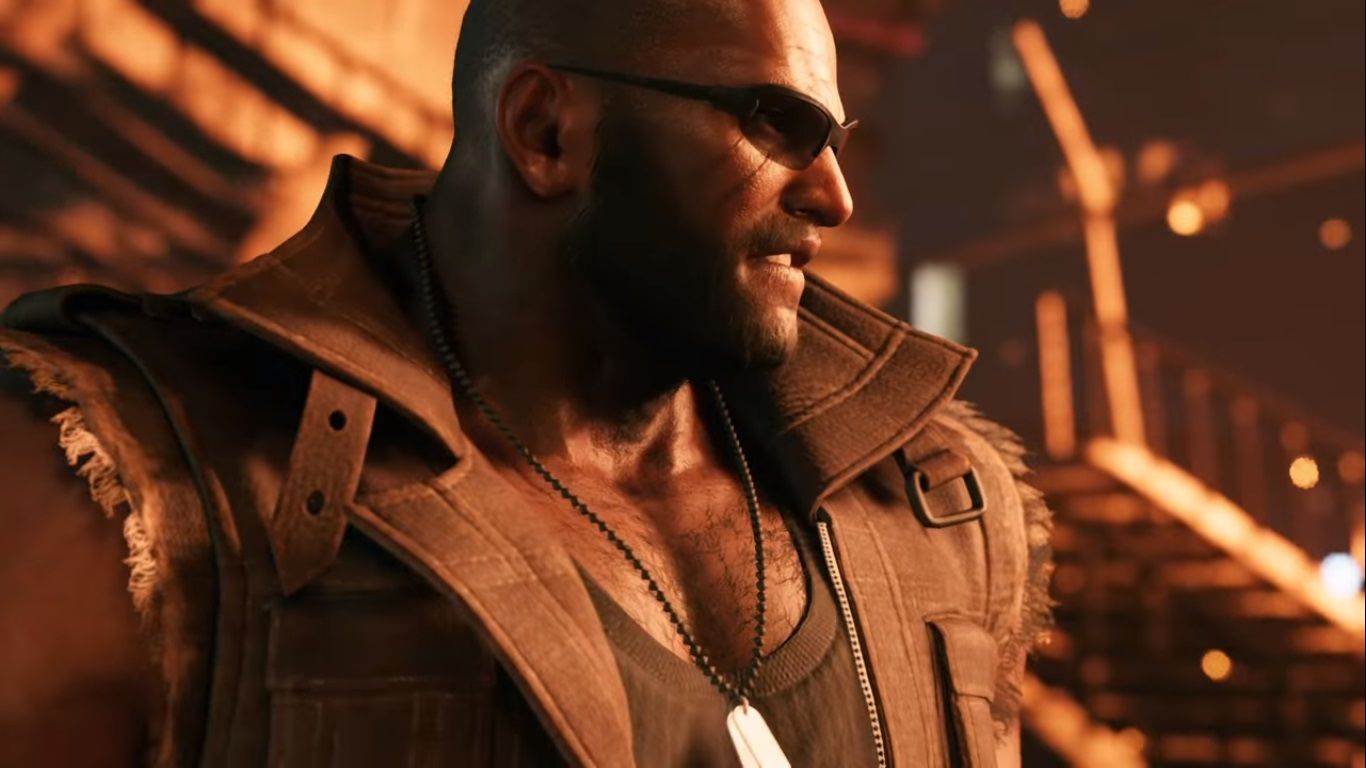
Show Comments